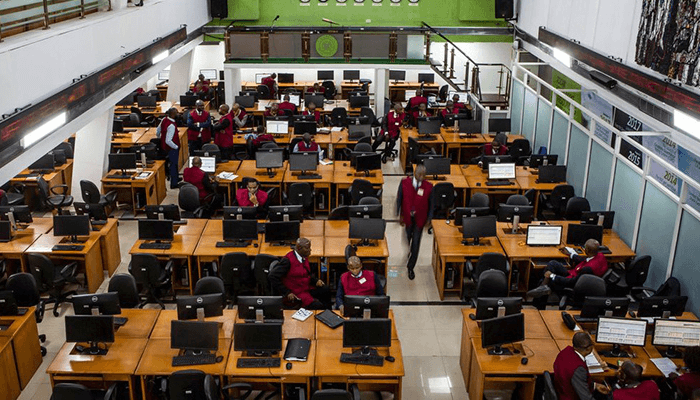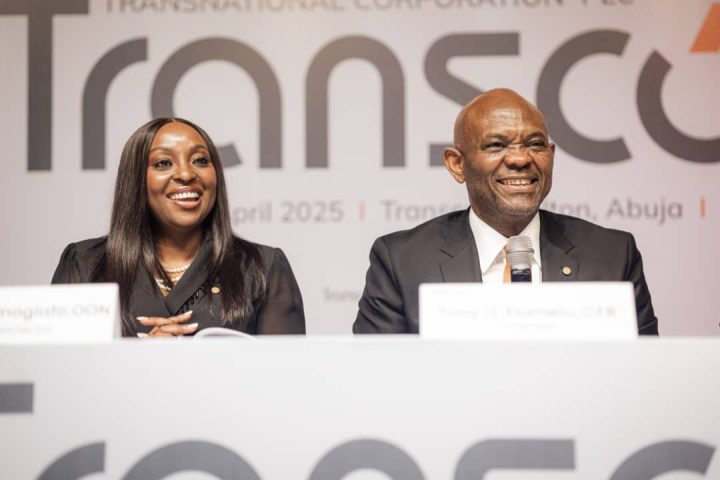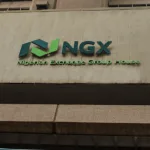Nigeria’s equity market moved further into negative territory on Tuesday, declining by 0.12 percent as investors took profits in several stocks, including International Energy, UPDC, Unity Bank, and Chams.
This drop follows a record negative start to the week, with market watchers anticipating minimal buy-side drivers in the short term to alter the prevailing sentiment.
Join our WhatsApp ChannelLagos-based analysts at Vetiva Capital Management, had earlier forecasted the market’s direction for Tuesday. “We expect the market to trade lower on Tuesday, with the bulk of activity coming from the banking and insurance sectors,” they said.
This prediction held true as the Nigerian Exchange Limited (NGX) All-Share Index (ASI) and Market Capitalisation both depreciated by 0.12 per cent. The ASI fell from the previous day’s 99,118.86 points to 99,051.02 points, while Market Capitalisation decreased from N56.069 trillion to N56.031 trillion, a loss of N38 billion.
International Energy Insurance saw its share price drop from N1.75 to N1.58, a decrease of 17 kobo or 9.71 per cent. Similarly, UPDC’s stock fell from N1.34 to N1.21, down by 13 kobo or 9.70 per cent.
READ ALSO: Equity Market Sees Decline As Nigerian Exchange Loses N102 billion
Unity Bank also experienced a decline, with its share price reducing from N1.38 to N1.25, a loss of 13 kobo or 9.42 percent. Chams’ shares decreased from N1.50 to N1.40, shedding 10 kobo or 6.67 percent.
The equity market year-to-date (YtD) return has now lowered to 32.47 percent. On Tuesday, investors exchanged 347,388,621 shares worth N7.656 billion across 8,122 deals. Shares of Veritas Kapital Assurance, Fidelity Bank, Oando, Unity Bank, and UBA were among the most actively traded on the Bourse.
Commenting on the market’s performance, an investor, John Adeyemi, noted, “The recent declines are largely driven by profit-taking. Many investors are capitalising on previous gains, especially in the banking and insurance sectors, which have seen significant activity.”
The NGX has faced a series of fluctuations recently, reflecting broader economic uncertainties and investor sentiment. The banking and insurance sectors, in particular, have been focal points for trading activities. These sectors often serve as indicators of economic health, given their roles in financial intermediation and risk management.
Looking ahead, analysts suggest that the market may continue to experience volatility, influenced by both local and global economic factors. “We are in a period of adjustment,” said Nneka Obi, a financial analyst. “Investors are recalibrating their portfolios in response to economic signals and policy changes. This kind of market behavior is not unusual during times of economic transition.”
Equity Market participants are advised to stay informed and consider the long-term prospects of their investments. Diversification remains a key strategy for managing risk in such an environment. “While short-term fluctuations are challenging, maintaining a diversified portfolio can help mitigate risks,” Obi added.
The NGX continues to be a significant platform for investors seeking opportunities in Nigeria’s growing economy. Despite recent declines, the market’s overall performance this year remains positive, underpinned by strong corporate earnings and strategic reforms aimed at boosting economic growth.
As the week progresses, investors will be closely monitoring economic indicators and corporate announcements for cues on market direction. The interplay of local and international factors will likely shape the equity market’s trajectory in the coming days.
In conclusion, while Nigeria’s equity market has experienced a slight downturn, the underlying fundamentals suggest resilience. Investors are encouraged to adopt a cautious yet strategic approach, leveraging market insights and staying abreast of economic developments to navigate the evolving landscape.
Emmanuel Ochayi is a journalist. He is a graduate of the University of Lagos, School of first choice and the nations pride. Emmanuel is keen on exploring writing angles in different areas, including Business, climate change, politics, Education, and others.
- Emmanuel Ochayihttps://www.primebusiness.africa/author/ochayi/
- Emmanuel Ochayihttps://www.primebusiness.africa/author/ochayi/
- Emmanuel Ochayihttps://www.primebusiness.africa/author/ochayi/
- Emmanuel Ochayihttps://www.primebusiness.africa/author/ochayi/



















Follow Us